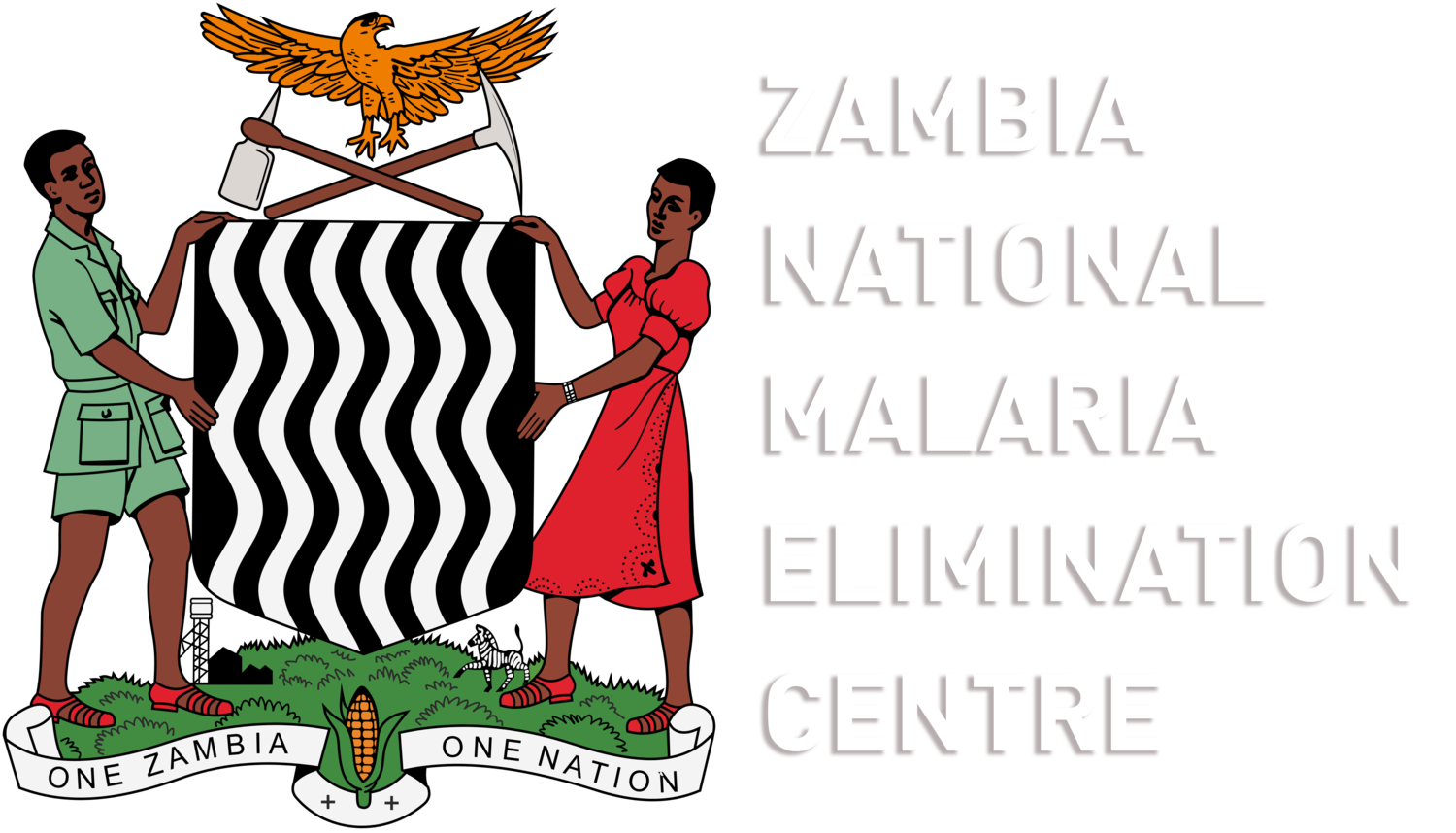Monitoring and Evaluation
Using the data collected, Zambia’s malaria elimination programme should be evaluated at regular intervals for compliance with the appropriate targets and objectives.
- Monitoring the operational aspects of the programme and measuring impact or process indicators to ensure that the activities are yielding the desired results and moving the programme towards achieving its operational targets and objectives.
- Monitoring changes in epidemiological indicators resulting from the activities implemented.
- Appropriately interpreting results and informing policy and strategy revisions, when needed, to help ensure progress.
- Documenting progress towards malaria elimination—information on coverage and quality of interventions, mapping out residual and new active malaria foci, maintaining relevant eco-epidemiological data, and ensuring first-line treatment efficacy is particularly important. This type of information is usually collected through a national information system for disease surveillance and health management.
Data Spotlight: Progress in Pemba
Dashboards like the one below provide health workers with data that helps them understand malaria trends in Zambia. This particular image shows malaria cases over the past three years in Pemba District by source of detection. It’s a good example of a district with high reporting levels and a huge sustained decrease in malaria cases.



